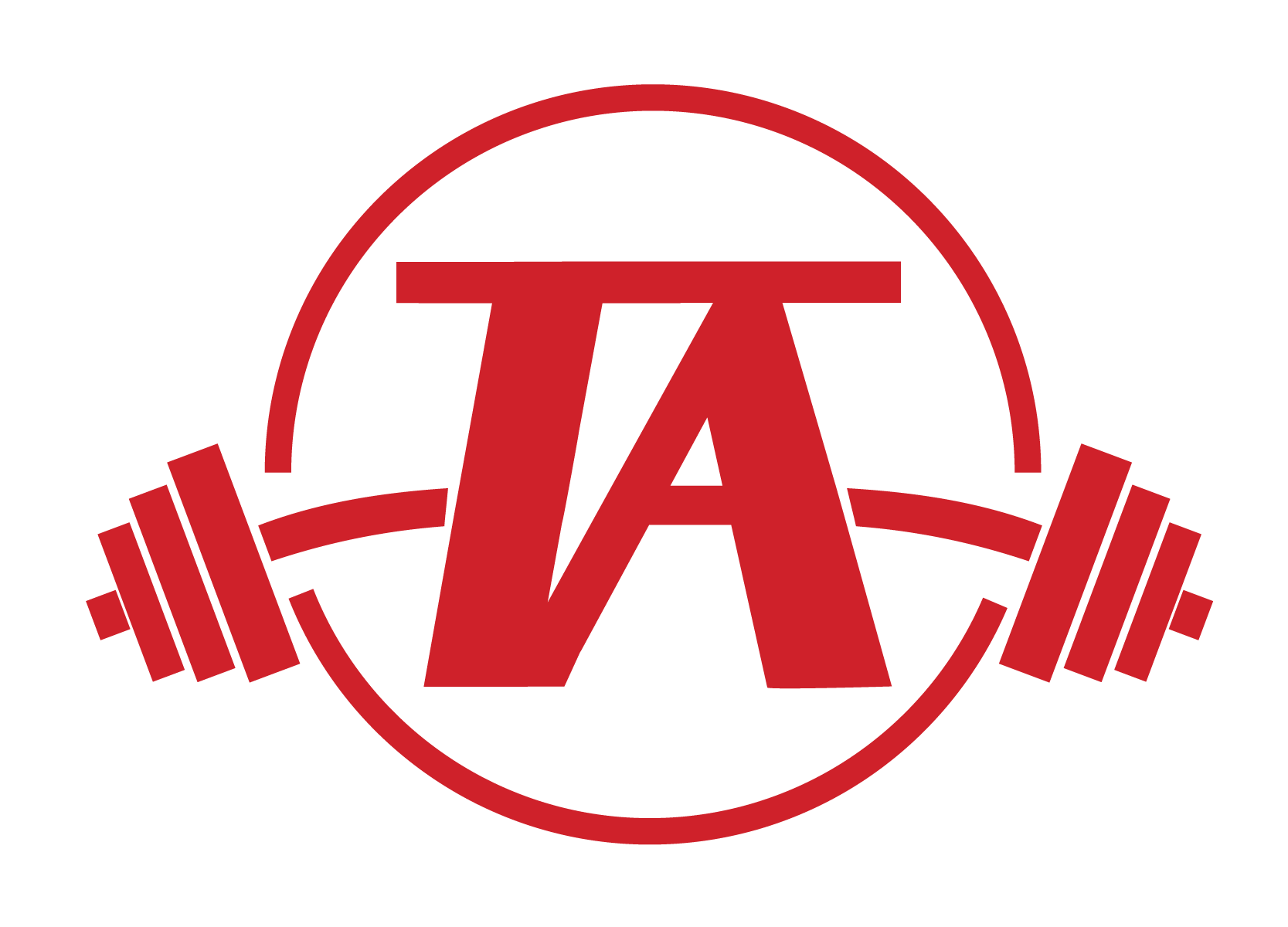Strength and conditioning coaches can benefit greatly from training hard and competing. This may serve to legitimize them more in the eyes of their athletes. Their own training offers them an opportunity to try alternate training techniques themselves before prescribing them to their athletes, and allows them to empathize with their athletes on a different level. However, one problem coaches may run into is the bias this can create; depending on what they’re training for and what type of athletes they train.
If a coach competes in strongman, powerlifting, or CrossFit and doesn’t exclusively train athletes of that sport, he cannot train all of his athletes the way he trains himself. There are likely ideas and themes he can take from his preferred style of training that will carry over to the training of his athletes, but their needs will be very different than his own.
I try to check my biases when I start training a new athlete. I’m training to maximize my baseball performance, and while many of my clients are baseball players, not all of them are. I don’t do any significant aerobic conditioning work, but some of my clients have endurance related goals, like running marathons, or competing in triathlons, and their training plan must reflect their needs, not mine.
Enjoying a certain style of training does not mean that’s optimal for all of your athletes. Individualization is key for optimizing athletic performance. If you only see training through one lens, that can lead to inefficiencies in your programming.


